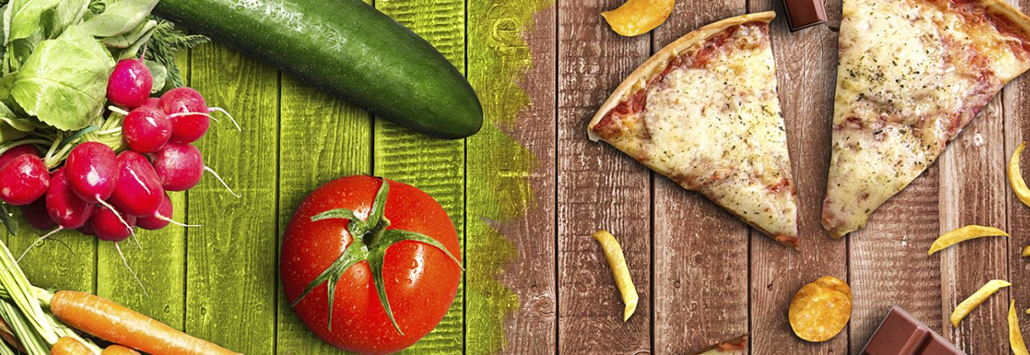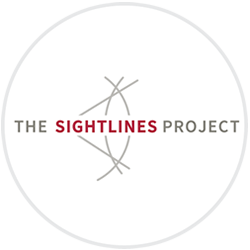THE TROUBLE WITH RECOMMENDING A HEALTHY DIET
By Ken Smith

When the Sightlines project team began defining parameters for the Healthy Living section, it was immediately obvious that nutrition would be one of the categories. There is nothing more universal than eating – it affects us physically, emotionally, and culturally. Nutrition also has perhaps the longest history of study of any health factor. It likely originated with lists of foods that would not (or would) kill you. Hippocrates, generally considered the father of modern medicine, famously said “let food be thy medicine and medicine be thy food” around 400 B.C. So why are we still struggling to give useful advice on diet almost 2500 years later?
One problem is measurement. Diet studies almost universally rely on self-reported eating behaviors, which immediately introduces a number of errors. It is difficult for people to remember what they had for breakfast this morning, let alone what they had over an entire week. Portion estimation is also notoriously bad. Quick – tell me how many blueberries is in 74 grams, the recommended “normal” serving size? And that assumes people tell the truth about their diet, which we know they don’t. A recent study in the International Journal of Obesity includes this quote from the Director of the Nutrition Research Center at UAB “[The data] are so poor as measures of actual [energy intake] and [physical activity energy expenditure] that they no longer have a justifiable place in scientific research.”
In recent decades, an even more insidious concern has arisen. Food production companies, especially those producing products with large amounts of sugar, have taken to funding research specifically to downplay the negative effects of their products. A recent Special Communication in the Journal of the American Medical Association found that “Together with other recent analyses of sugar industry documents, our findings suggest the industry sponsored a research program in the 1960s and 1970s that successfully cast doubt about the hazards of sucrose while promoting fat as the dietary culprit in CHD (Coronary Heart Disease)”. This single statement casts doubt on 30 years of painting fat as evil in the American diet. Another recent paper found that studies funded by the soda industry were five times more likely find that there is no link between soda consumption and weight gain. In the sports world, decades of research funded by Gatorade has athletes constantly drinking to avoid dehydration to the point where a 2005 study of Boston Marathon runners found 13% of the runners were overhydrated.
This landscape left the Sightlines team with the same dilemma as the average American – what should I be eating? The best advice came from Dr. Christopher Gardner, the Director of Nutrition Studies at the Stanford Prevention Research Center. Dr. Gardner has spent his career researching the potential effects of dietary components like soy, garlic and antioxidants. After years of trying to determine the best diet, he concluded that there is no consensus conclusion. What is clear, however, is that people who eat five or more servings of fruits and vegetables report the best health outcomes. That is not to say that any specific vegetable or fruit is responsible, or even that the nutrients from recommended foods are the reason for better health. It does say, however, that the type of people who eat this way are healthier. It is possible (and even likely) that the people who care enough about their health enough to eat well have other health living behaviors. High fruit and vegetable consumption also likely means people are not eating lots of other “bad” foods like soda, processed snacks, and high sugar content treats.
All of this is not to say that the nutrition problem is not worth studying. In fact, this may be the first time we have the tools to potentially deal with all of the variables involved. New technologies may make food recording as simple as taking a photo. Genetic data provides the promise to determine how people individually process foods. New investigations into the human microbiome show promise in affecting how we absorb nutrients. Almost unlimited memory and computing power combined with artificially intelligent algorithms means we might be able to unravel this almost unimaginably complex problem.
For now, however, remember the advice of your mom – “Eat your vegetables!”

